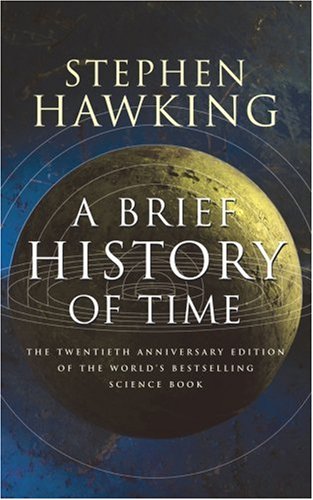
After the movie premiered, Hawking told Morris, "Thank you for making my mother a star." List of interviewees Hawking's mother, Isobel, is the first person we hear from in the movie, and near the end she describes her son as "a seeker" for truth. "A fallen woman", Hawking's speech synthesizer intoned. Morris said he was "very moved by Hawking as a man", calling him "immensely likable, perverse, funny.and yes, he's a genius." He remembers that Hawking had posters of Marilyn Monroe in his office, and one of them fell down while they were filming. Instead of Morris traveling around and filming the various interview subjects in their native surroundings, all of the interviews for this film were shot on specially built sets on a sound stage in England. Morris also included clips from Disney's The Black Hole (1979). He employed stylized interview sequences, graphic illustrations, and music written by Glass. Because of Hawking's ALS, a disease that progressively affects nerve cells within the spine and brain, Morris filmed various static shots of Hawking, his wheelchair, and the tools he used to communicate, such as his battery-powered computer-based communication system with an electronic voicebox (which was sponsored and provided by Intel Corporation ), to later edit together for the video component of Hawking's interview segments in the film.Īlthough Hawking had an aversion to featuring his personal life in the film, Morris saw A Brief History of Time as being as much a biography as a science text, and much of his directing and editing work was dedicated to finding ways to depict ideas from theoretical physics and cosmology and then connect those ideas with details from the life of Hawking. Morris only had a few days of access to film and interview Hawking. David Hickman, of Anglia, became the film's producer. Freedman's production company partnered with Anglia Television and Tokyo Broadcasting. Morris had studied the history and philosophy of science at Princeton and later Berkeley, so was familiar with many of the topics in Hawking's book. Spielberg suggested Errol Morris as director.

After acquiring the property, Freedman met with director Steven Spielberg for advice on how to make the project into an documentary film. This project originated with executive producer Gordon Freedman, who brought the it to Anglia Television. The film is scored by frequent Morris collaborator Philip Glass. The title derives from Hawking's bestselling 1988 book A Brief History of Time, but, whereas the book is solely an explanation of cosmology, the film is also a biography of Hawking, featuring interviews with some of his family members and colleagues. A Brief History of Time is a 1991 biographical documentary film about the physicist Stephen Hawking, directed by Errol Morris.


 0 kommentar(er)
0 kommentar(er)
